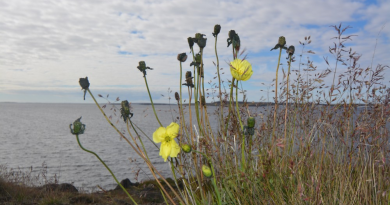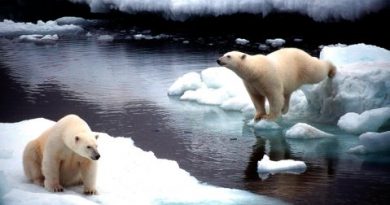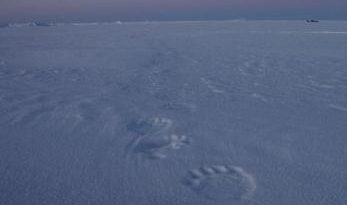International Inuit leaders demand decisive action on climate change amidst COP25 breakdown
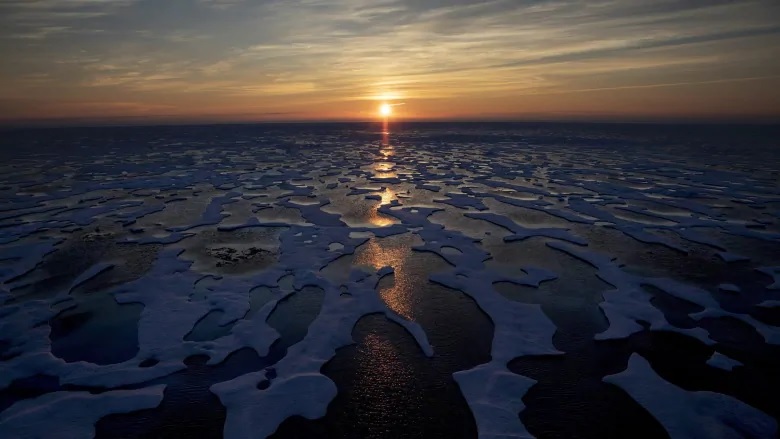
Just before the COP25 climate conference went into overtime in Madrid this weekend, international Inuit leaders renewed their call for more decisive action on climate change.
“As this crisis evolves it is our future generations who have the most at stake, and it was rightfully pointed out that it is also becoming a human rights issue for our children and youth,” Dalee Sambo Dorough, the international chair of the Inuit Circumpolar Council said in a news release on Friday.
“They have a right to a future.”
The Inuit Circumpolar Council (ICC) is an organization that represents the approximately 180,000 Inuit in Alaska, Canada ,Greenland, and Chukotka, Russia.
Liubov Taian, the president of ICC Chukotka , said the human health impacts of climate change for Indigenous Peoples were often overlooked.
“We belong to a region where rapid and significant climate changes are noticeably occurring, causing widespread melting of sea ice, permafrost, and reduction of snow cover,” Taian said.
“And, the negative impact of climate change is having serious impacts upon human health. There will be no health if the links between Inuit life-health-family are torn apart.”
Community impact
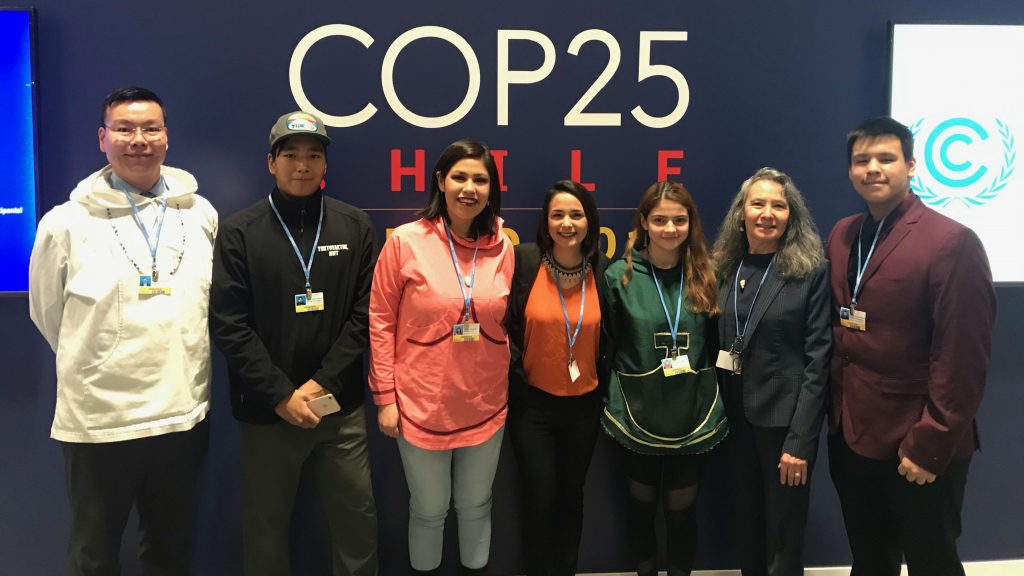
Hjalmar Dahl, president of ICC Greenland, said the impact of the changing environment would be devastating for future generations.
“Our Inuit youth brought graphic images of our communities falling into the ocean showing us that we must all take more drastic actions to combat climate change,” Dahl said citing the climate change film Happening to Us by a group of youth from Tuktoyaktuk, an Inuit community in Arctic Canada.
“We have less than 10 years to keep our planet under 1.5°C temperature increases and every year is critical.”
Paris climate agreement
The main goals of the COP 25 conference were to move forward on areas like transparency of climate action, finance and other issues in order to fully put into operation the Paris Climate Change Agreement ahead of 2020, when countries have pledged to submit their new and updated plans for national climate action.
The main goal of the Paris climate agreement, reached in 2015, is to keep global temperature increase to less than 2 degrees Celsius above pre-industrial levels.
But as the conference wound up Sunday after going into two days of overtime, the international community was unable to reach consensus on many of the key issues including reporting requirements and common time frames for national climate pledges.
Further discussion of these issues has been moved to 2020.
Write to Eilís Quinn at eilis.quinn(at)cbc.ca
Related stories from around the North:
Canada: 2018 greenhouse gas concentrations broke records, warns WMO report, CBC News
Finland: Warmer, drier summer than usual in most of Finland, Yle News
Greenland: Greenlanders stay chill as the world reacts to their heatwave, CBC News
Iceland: Former U.S. Secretary of State John Kerry calls for climate action at Arctic Circle assembly, The Independent Barents Observer
Russia: Warm winter expected across the Arctic, The Independent Barents Observer
Sweden: IPCC climate report warns “extreme sea level events” will occur frequently, Radio Sweden
United States: The Arctic shipping route no one is talking about, Cryopolitics Blog

